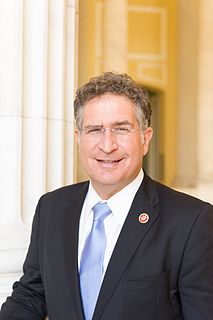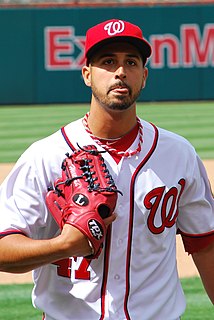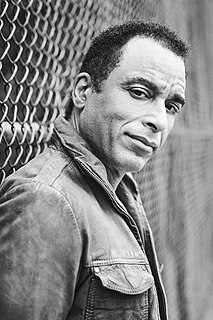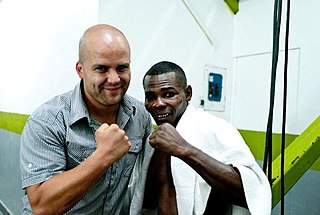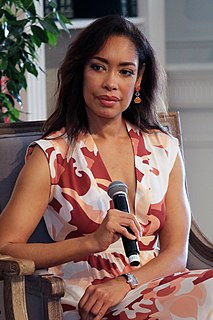A Quote by Joe Garcia
I worked for the Cuban American National Foundation for years.
Related Quotes
In 1948, I began coaching basketball at UCLA. Each hour of practice we worked very hard. Each day we worked very hard. Each week we worked very hard. Each season we worked very hard. Four fourteen years we worked very hard and didn't win a national championship. However, a national championship was won in the fifteenth year. Another in the sixteenth. And eight more in the following ten years.
The American people have on many occasions been willing to shed their own blood for a noble cause, like when hundreds of thousands of Americans participated in the fight against fascism in Europe, and other causes. There are many good people there, and the Cuban people know the American people, we have many examples of solidarity from the American people in every stage of the Cuban people's fight for independence.
In the summer of 2007, two-time Olympic champion Guillermo Rigondeaux and his teammate, Erislandy Lara, had been arrested in Brazil after going AWOL from the Cuban team during the Pan Am Games. The defection attempt made international news and quickly became a national soap opera, regularly appearing on Cuban news and round table discussions.
From its earliest days, the Cuban Revolution has also been a source of
inspiration to all freedom-loving people. We admire the sacrifices of the Cuban people in maintaining their independence and sovereignty in the face of the vicious imperialist-orquestrated campaign to destroy the impressive gain made in the Cuban Revolution. Long live the Cuban Revolution. Long live comrade Fidel Castro.
